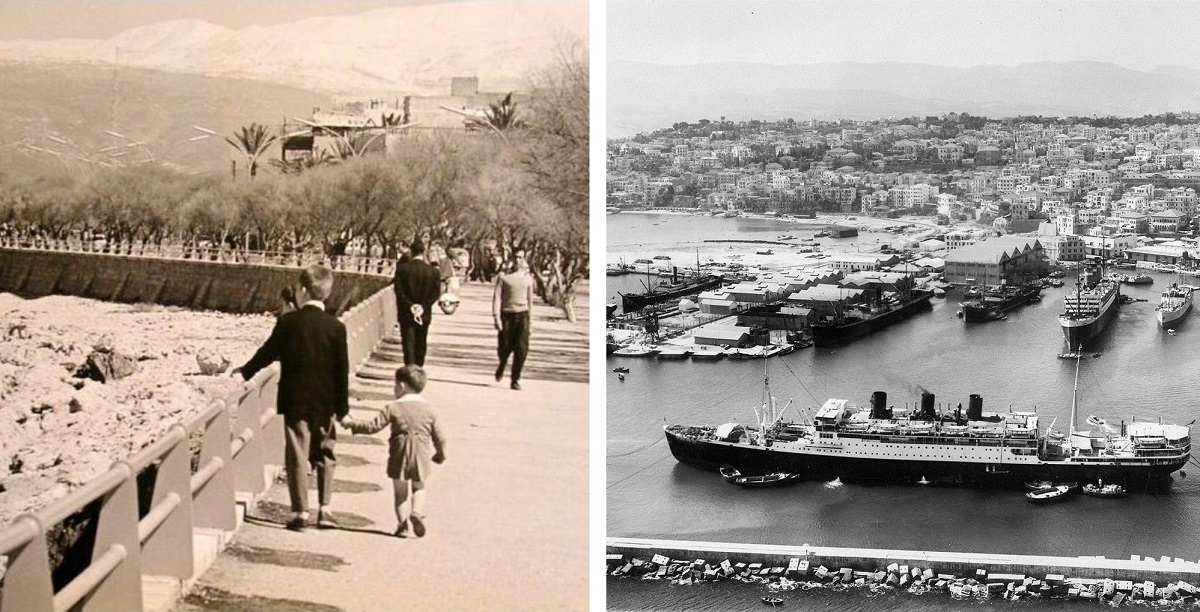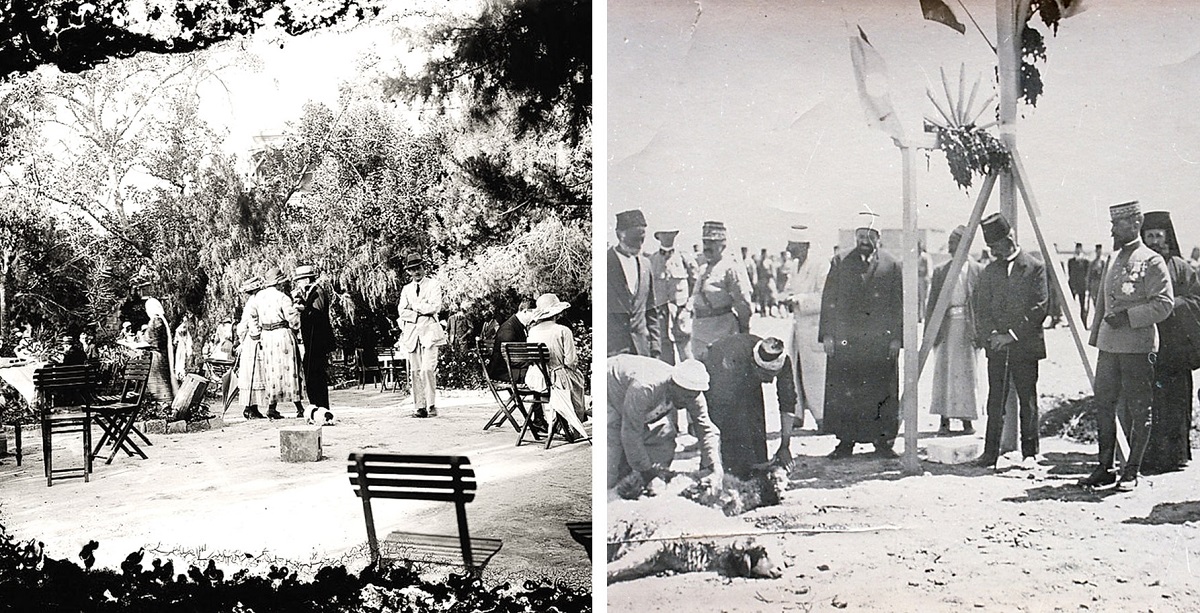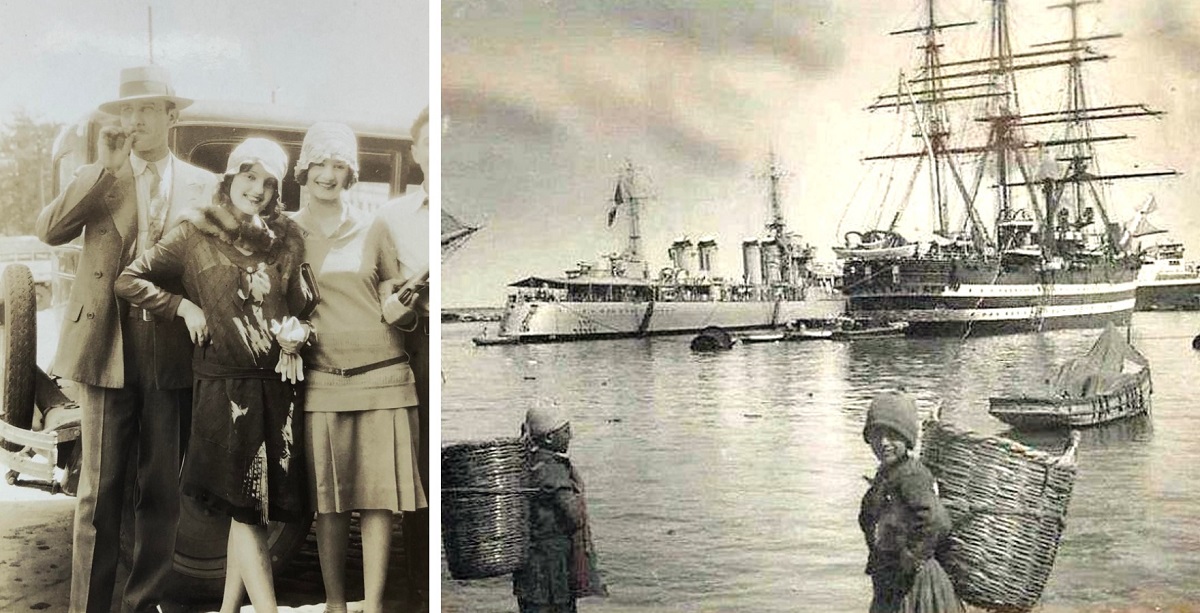On October 23rd, 1983, a truck bomb destroyed the U.S. Marines barracks in Beirut. Two hundred and forty-one Americans were killed in the worst terrorist attack the United States would suffer until 9/11.
In his latest book When Reagan Sent In the Marines: The Invasion of Lebanon, Pulitzer Prize-winning journalist Patrick J. Sloyan, who used to report on the events as they happened back then, puts together an action-packed account of Reagan’s failures in the 1983 Marines barracks bombing in Beirut.

The book tells the story of why the Marines were there, how their mission became confused and compromised, and how President Ronald Reagan used another misguided military venture to distract the United States from the attack, and his many mistakes leading up to it.
Patrick J. Sloyan uses his own contemporaneous reporting, his close relationships with the Marines in Beirut, and recently declassified documents, as well as interviews with key players, including Reagan’s top advisers, to shine a new light on the Israeli invasion of Lebanon and Reagan’s doomed ceasefire in Beirut.
He draws on interviews with key players to explore the actions of Kissinger and Haig while revealing the courage of Marine Colonel Timothy Geraghty, who foresaw the disaster in Beirut, but whom Reagan would later blame for it.
More than thirty-five years later, the United States continues to wrestle with Lebanon amid its political turmoil and demographic shifts, the Marines with the legacy of the Beirut bombing, and all of us with the threat of Mideast terror that the attack furthered.
When Reagan Sent In The Marines is about a historical moment, but one that remains all too present today.

American political activist, author, lecturer, and attorney Ralph Nader has described the book as a “formidable narrative.” His review of the book states the following:
“The prize-winning and super honest reporter Patrick Sloyan adds the depth of a scholar’s context to produce a gripping reminder of why we should never forget history. He makes readers feel like they were eyewitnesses.”
Lebanon does not have an updated history book. Our politics, history, and demography are often interpreted through piecing the literature together or even worse, interpreted through an unfamiliar lens.
Nonetheless, this book depicts a stepping stone toward understanding the role of the United States in Lebanon today, the diplomatic relations between the two states, as well as the United States’ foreign policy toward Lebanon as it pacifies its biggest ally in the region: Israel.
This book is available worldwide through Amazon and various other online bookstores and currently ships to Lebanon if you need your little fix of political history to start your day (and the rest of our lives).

















